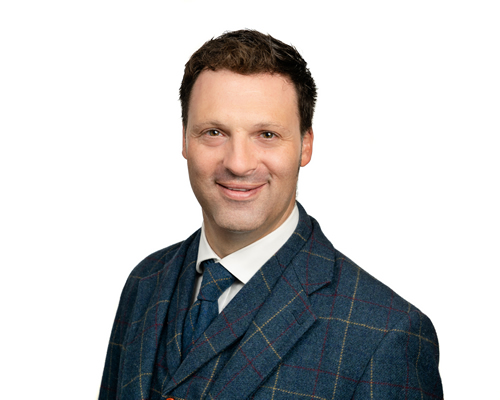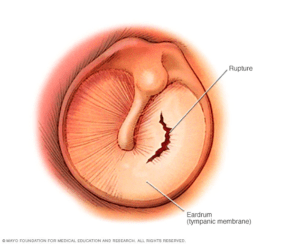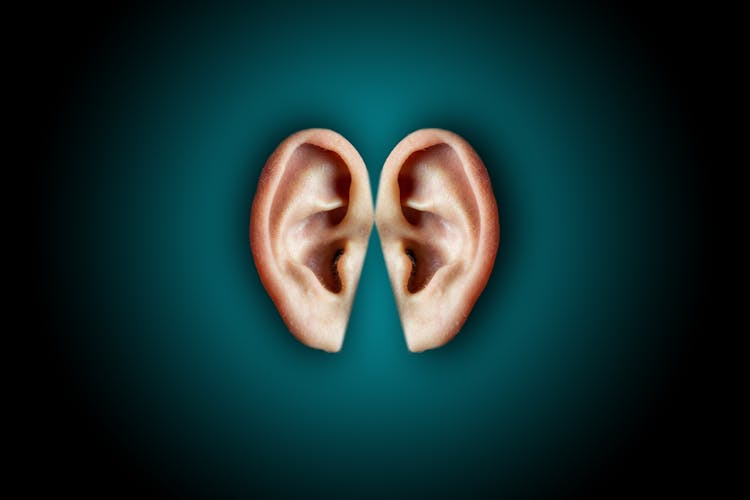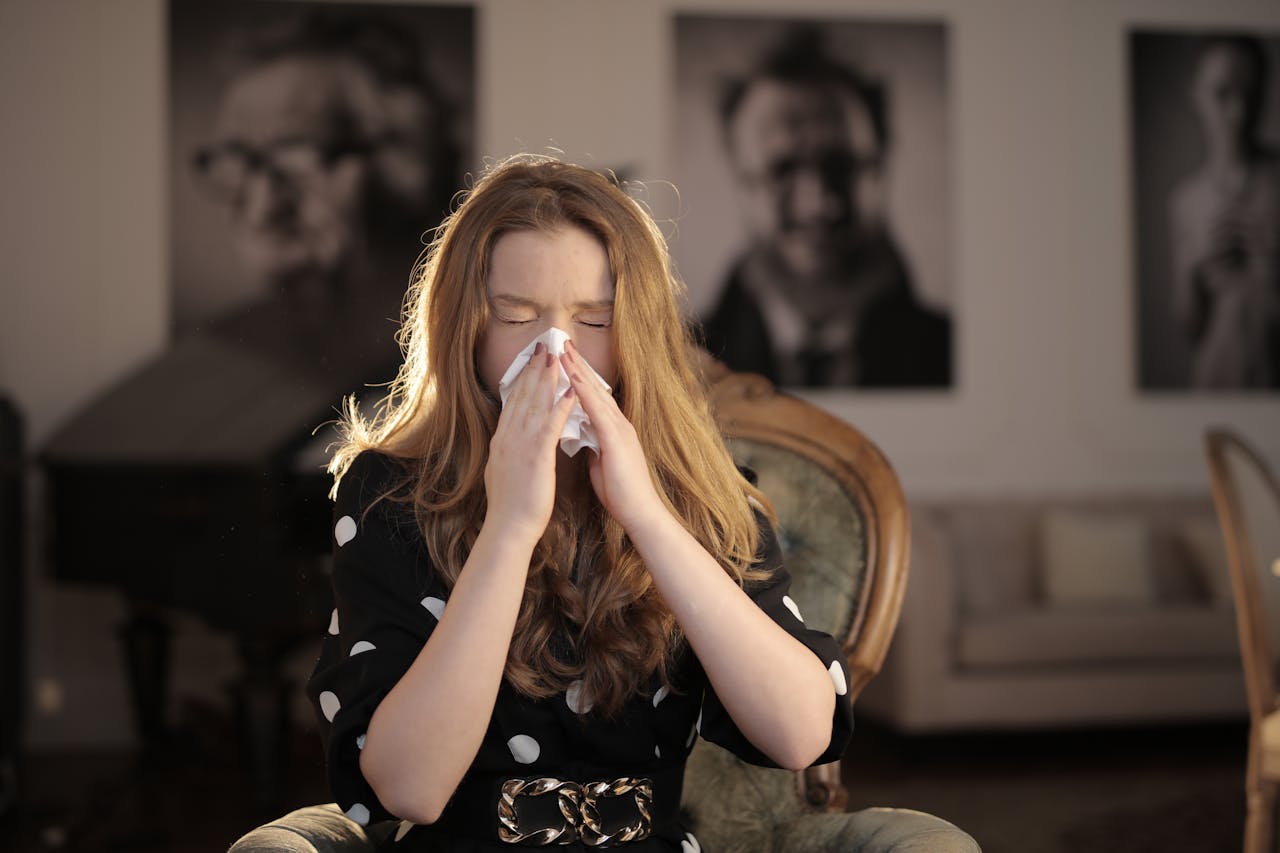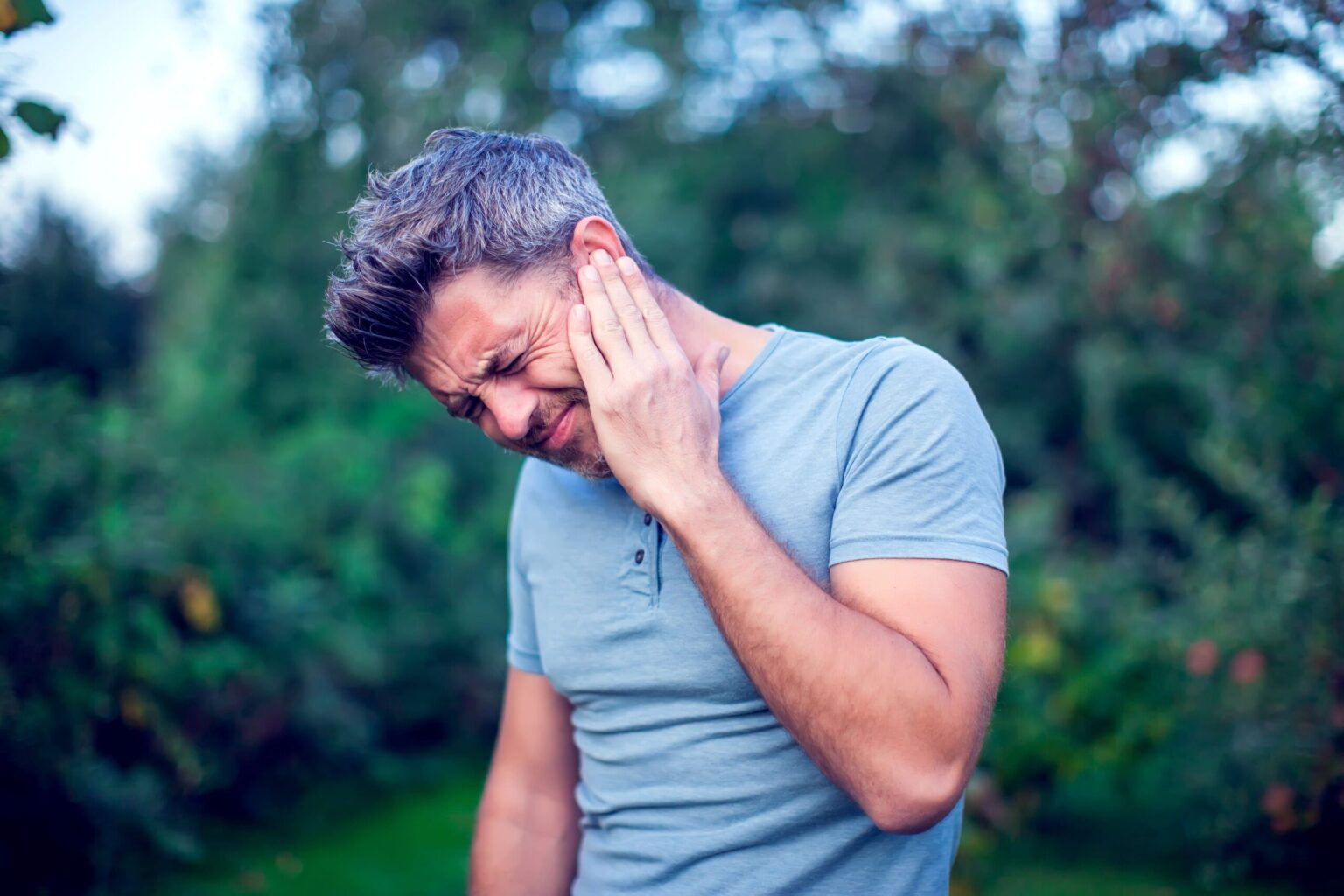Request a hearing test appointment today
We look at loud noise and ruptured eardrums and what the symptoms and solutions are.
If you’ve been exposed to extremely loud noise, such as an explosion, or you stood beside massive speakers at a rock concert and now have pain in your ears and difficulty hearing properly, you may be suffering from a ruptured eardrum.
High levels of noise are not the only cause of this ear and hearing problem. A perforated eardrum, as it’s also called, can result from infections in the middle ear due to a build-up of fluids that put pressure on the eardrum, head injuries and sticking things like hairpins and cotton buds in your ear to try and remove earwax. Sudden and severe changes in air pressure, as experienced on aeroplanes and while scuba diving, can also cause damage to the eardrum and lead to pain and hearing loss that may require a hearing test to determine the severity.
But the most common reason why people suffer from ruptured eardrums is noise — too much of it, too loud, and sometimes over a prolonged period. The eardrum, a small membrane or flap of tissue separating the outer part of the ear from the inner region, is delicate and can’t sustain being bombarded with that much sound energy. So it splits, rips or tears, leaving you with a perforation and discomfort. So if you’re in a noisy situation and asking yourself, “can loud noise rupture eardrums?” the answer is a resounding yes.
How Do Eardrums Work to Help Us Hear?
Sound, as most people know, is a form of energy that travels in waves. The louder the sound, the greater the amplitude or energy, and so you hear it as a more intense form of sound. As sound waves travel, they spread out and their intensity becomes less, which explains why if you’re not so close to the source of noise, you won’t hear it as strongly as someone who is right beside it.
Sound is scientifically measured in decibels, and many everyday sounds are low on the scale and don’t pose a risk to our hearing, while others are high and can damage the delicate structures of the ear, including the eardrum. Examples of low-decibel sounds include whispering and breathing — you can barely even hear them — and loud noise that can cause temporary or permanent hearing loss comes from power tools, lawnmowers, motorbikes, jackhammers and many more everyday items and vehicles.
Physically at the forefront of our hearing structures, the eardrum’s function, with its tightly stretched skin, is to vibrate when sound waves hit it. This has the effect of moving small bones in the middle ear that then transfer the vibrations further into the inner ear and onto the brain, where they’re processed as sound. So just like playing a drum that’s ripped, if the eardrum is torn, you won’t hear as you should as you will not pick sound waves up, and you may experience discomfort from the torn skin.
What happens to the eardrum as a sound gets louder
- When a sound is quiet, the sound waves cause only gentle vibrations of the eardrum. However, as the sound gets louder, the sound waves carry more energy, leading to stronger and more forceful vibrations of the eardrum.
- These more intense vibrations are then passed on to the tiny bones in the middle ear, which amplify the sound and send it to the inner ear, where it is processed into nerve signals for the brain to interpret.
- If the sound is extremely loud, the eardrum can be overstretched or even damaged, potentially leading to pain, hearing loss, or other ear problems
Symptoms of a Ruptured Eardrum after Loud Noise Exposure
One of the first signs that loud noise has caused a ruptured eardrum in one or both of your ears is an extremely painful earache, along with the inability to hear as you used to. The sound of people talking to you and from the TV and other sources may seem muffled, and you may be perplexed as to why it’s happening. At this stage, you should be examining recent events, and if there’s something out of the ordinary — and that was incredibly loud, like that rock concert we mentioned or if you were beside noisy roadworks and their jackhammers and other loud equipment and tools — that may be the cause.
It’s also possible that there could be discharge from the ears if you have a ruptured eardrum, although it could be caused by an infection and resulting fluids as well. The ringing and buzzing in the ears called tinnitus is another symptom of a perforated eardrum, whose medical term is tympanic membrane perforation. It can be accompanied by dizziness or spells of vertigo that lead to nausea and vomiting.
Some cases of ruptured eardrums cause a high temperature or fever, and while some people just have a mild form of itchiness in their ear with a torn eardrum, others experience none of these symptoms but may hear a whistling noise when blowing their nose due to air rushing past the hole in the eardrum. So whether your case is caused by loud noise, infection, head trauma or anything else, it’s important to get checked out by your GP or audiologist, so they can examine your ears and see if the eardrum is torn or not.
Can loud noises rupture an eardrum?
Yes, loud noises can rupture an eardrum. The eardrum is a delicate membrane, and when exposed to very loud or sudden sounds, the pressure from the sound waves can be strong enough to tear or rupture it.
Here are some examples of loud noises that can cause an eardrum to rupture:
- Explosions – The intense and sudden burst of sound from an explosion creates a powerful shockwave that can easily damage the eardrum.
- Gunshots – The sound of a gunshot, especially at close range, is extremely loud and can cause the eardrum to rupture due to the rapid pressure change.
- Fireworks – Being close to fireworks when they go off can expose the ears to high-decibel levels, potentially leading to eardrum damage.
- Loud music at concerts or clubs – Prolonged exposure to very loud music, especially in close proximity to speakers, can cause a rupture, especially if the sound levels are extremely high.
- Industrial noise – Loud machinery, heavy equipment, or other industrial noises without proper ear protection can cause damage over time or even an immediate rupture if the noise is intense enough.
- Air pressure changes from loud blasts – This includes things like air horns, jet engines, or even sudden changes in cabin pressure in an aeroplane, which can rupture the eardrum if the pressure change is abrupt and intense.
Ruptured eardrums can cause symptoms such as sudden sharp pain in the ear, hearing loss, ringing in the ear (tinnitus), and sometimes fluid drainage. In many cases, a ruptured eardrum will heal on its own, but severe cases may require medical intervention.
Loud Noise and Ruptured Eardrum: How to Treat It
A ruptured eardrum from loud noise may be alarming and painful, but there’s some good news: it often heals itself in a few weeks, and there’s nothing special you have to do. But sometimes, medical intervention is necessary, particularly where there is an infection, and antibiotics are needed to clear it up.
If the tear in a perforated eardrum doesn’t heal after a few weeks, perhaps because it’s too large, you may have to have surgery to repair it. The procedure is carried out under general anaesthetic, and a tiny piece of tissue is taken from behind the ear and used to patch the hole in the eardrum. You may have to stay in hospital overnight, but it may also be possible to go home the same day.
If you’re scheduled to have surgery to repair a perforated eardrum, there are several things you should avoid directly afterwards. They include flying because of the changes in air pressure that could damage the surgeon’s work and swimming for the same reason. And you should also avoid blowing your nose hard, as it causes an increase in pressure in the ear canal.
Whether you’ve had surgery or not, it’s also generally recommended to keep water out of your ears, so be careful when showering or in the bath. You may be prescribed painkillers, or you can take over-the-counter medications like ibuprofen, aspirin (not for children or teens under 16 years) or paracetamol to deal with any pain you may be having.
If your eardrum perforation was indeed caused by loud noise, it would be wise to try and avoid such environments in the future. It may not be possible, especially if it’s a noisy work setting, but you could always use some ear protection to keep your precious ears and hearing safe from harm.
Frequently Asked Questions
What does a ruptured eardrum sound like?
A ruptured eardrum can cause a sudden sharp pain in the ear, often followed by a ringing or buzzing sound known as tinnitus. Some people describe hearing a popping or cracking noise at the moment of rupture. Following this, sounds may become muffled or distorted, and you may experience a significant reduction in hearing in the affected ear.
Can you hear with a ruptured eardrum?
Yes, you can still hear with a ruptured eardrum, but your hearing may be noticeably reduced in the affected ear. The extent of hearing loss depends on the size of the perforation and the severity of the rupture. Sounds may seem muffled, and you might find it difficult to hear softer noises or distinguish certain frequencies.
Can I go to a concert with a perforated eardrum?
It’s best to avoid going to a concert or any loud environments with a perforated eardrum. Exposure to loud noises can worsen the damage or delay healing, and it may also increase the risk of further complications, such as infections. It’s important to allow your eardrum to heal properly and consult with a healthcare professional for advice on when it’s safe to resume such activities.
How many decibels does it take to burst an eardrum?
A ruptured eardrum can occur from a sudden loud noise at around 150 to 160 decibels or higher. This level of sound pressure is typically produced by explosions, gunshots, or very close proximity to loud fireworks. However, the exact decibel level needed to rupture an eardrum can vary depending on individual sensitivity and the duration of exposure.
Is a ruptured eardrum painful?
Yes, a ruptured eardrum is usually painful. The pain is often sharp and sudden, occurring at the moment of rupture. After the initial pain, some discomfort or a feeling of fullness in the ear may persist. In some cases, the pain may subside quickly, but other symptoms, such as hearing loss, ringing in the ear, or fluid discharge, can continue. It’s important to seek medical attention if you suspect a ruptured eardrum to manage pain and prevent complications.
Have pain in your ears and trouble hearing? Book a consultation with a Regain Hearing expert today, and we’ll find the cause and the solution.

